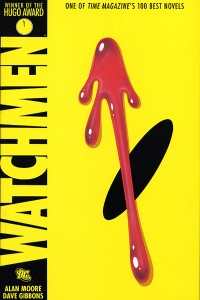Ryan Avery is 25 years old and is the youngest World Champion of Public Speaking in history. He competed against more than 30,000 people from 116 countries and on the 22nd of February, he came to UBC to share his secrets with us.
We began the meeting by watching his award winning speech titled “Trust is a Must” which lasted for around 7 minutes. For the rest of the hour, Mr Avery opened the floor to the audience for a Q & A session and for the rest of the hour, I was captivated by his confidence, determination and benevolence. One of my goals here at university is to surround myself with people like Mr Avery – goal-oriented people who know exactly what they want in life. I realised that the only thing stopping me from meeting these people on a more personal level (or eventually becoming someone that I look up to) is my own self-consciousness. I’ve taken a couple of steps towards building up my confidence including joining Toastmasters International, however, each step I take out of my comfort zone is daunting and terrifying.
There is great irony in the way I feel and how I’ve learnt to view the culture around me. Being a CAP student has opened my eyes to the extent of how deeply messages of popular culture have been internalized by myself and my peers but it seems as if my mind has a greater affinity for negative messages. This makes sense since without these messages, one could never improve but what about chasing your dreams and standing up to your fears? Mr Avery addressed the point of how public speaking was one of the most common fears amongst people and suggested that this fear stems from a biological aspect. Think about it; you’re standing in front of a crowd of people who are all staring at you and you have no weapon to protect yourself. So when do the positive messages of independence, which are prominent in popular culture, come in to help?
I guess what I am trying to understand is how popular culture can influence us in different ways. Personally, I find it easier to begin to doubt my physical appearance than it is to do something about it. Maybe it will take a longer time for certain messages to sink in compared to others, after all, we live in a world that focuses on quick-fixes rather than long-term happiness. Ryan Avery suggested that we marry our goals and embrace the journey towards it. Besides, life is a journey.
Check out Ryan Avery’s website at www.averytoday.com

